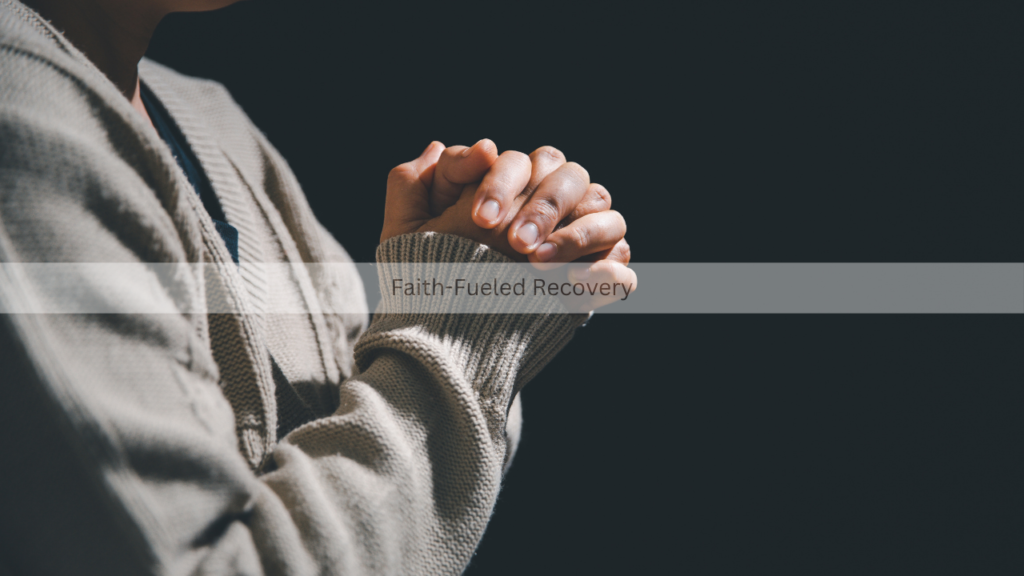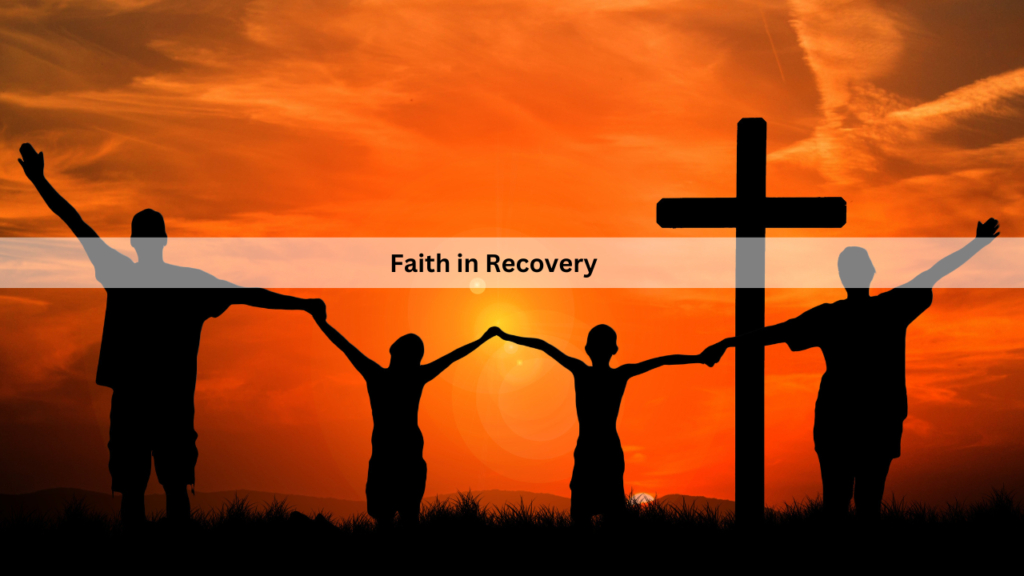
Addiction is a devastating challenge that affects not just individuals but families and communities as well. Overcoming addiction requires immense strength, support, and resilience, which can often seem daunting for those caught in its grip. For many, church support groups provide a much-needed source of guidance, healing, and encouragement, offering a faith-based approach that integrates spiritual and emotional recovery.
Church support groups play an essential role in helping individuals navigate the difficult path of addiction recovery. These groups provide a safe, non-judgmental space where individuals can share their struggles, receive guidance, and experience unconditional love. Central to the church’s mission is the belief in redemption, transformation, and grace, which can be especially powerful for those grappling with guilt, shame, or a sense of hopelessness due to addiction.
One of the most well-known faith-based recovery programs is Celebrate Recovery, which originated in the early 1990s at Saddleback Church. This program was specifically designed to address not only substance abuse but also other forms of addiction and personal struggle, such as co-dependency, eating disorders, and anger. Celebrate Recovery integrates biblical principles with the traditional 12-step recovery model, emphasizing a personal relationship with Jesus Christ as the foundation for healing and growth. Through this combination of spiritual and practical support, Celebrate Recovery has become a valuable resource for many people seeking to overcome addiction.
The structure of church support groups typically revolves around regular meetings where individuals can share their experiences, reflect on biblical teachings, and engage in group prayer. These meetings offer more than just fellowship; they provide accountability and structure, helping members stay focused on their recovery goals. The shared faith in a higher power gives participants hope and motivation, reminding them that they are not alone in their struggles. The belief that God’s grace and forgiveness are available to all serves as a source of comfort and renewal.
Mentorship is another key component of church-based addiction support groups. Many individuals who have successfully overcome addiction within a faith-based framework feel called to help others on their journey. These mentors offer not only practical advice but also spiritual wisdom. Their personal experiences resonate deeply with those in the early stages of recovery, offering tangible proof that change is possible. This form of mentorship reflects the biblical principle of bearing one another’s burdens, reinforcing the sense of community and shared responsibility in the recovery process.
Beyond the individual level, church support groups also extend their outreach to families of those struggling with addiction. Addiction often fractures relationships, leaving family members in need of their own healing and support. Many church-based programs offer resources such as family counseling, prayer groups, and educational workshops to help family members cope with the emotional toll of addiction. These resources allow families to engage in the recovery process alongside their loved ones, creating a supportive environment where healing can occur together.
Church support groups also focus on holistic recovery, recognizing that addiction affects every aspect of a person’s life—physical, emotional, and spiritual. Many programs incorporate various forms of healing, such as counseling services, educational workshops, and community outreach efforts. Through these resources, individuals can access not only spiritual guidance but also practical tools to help them rebuild their lives. Whether it’s finding employment, repairing relationships, or building healthy habits, church support groups strive to meet the diverse needs of those in recovery.
In conclusion, church support groups play a vital role in the recovery process for individuals struggling with addiction. By fostering a sense of community, providing spiritual and emotional support, and emphasizing the power of faith, these groups offer a unique and powerful path to healing. With their focus on grace, mentorship, and holistic recovery, church-based support groups demonstrate the life-changing potential of faith-driven recovery, allowing individuals and families to heal and grow together.







